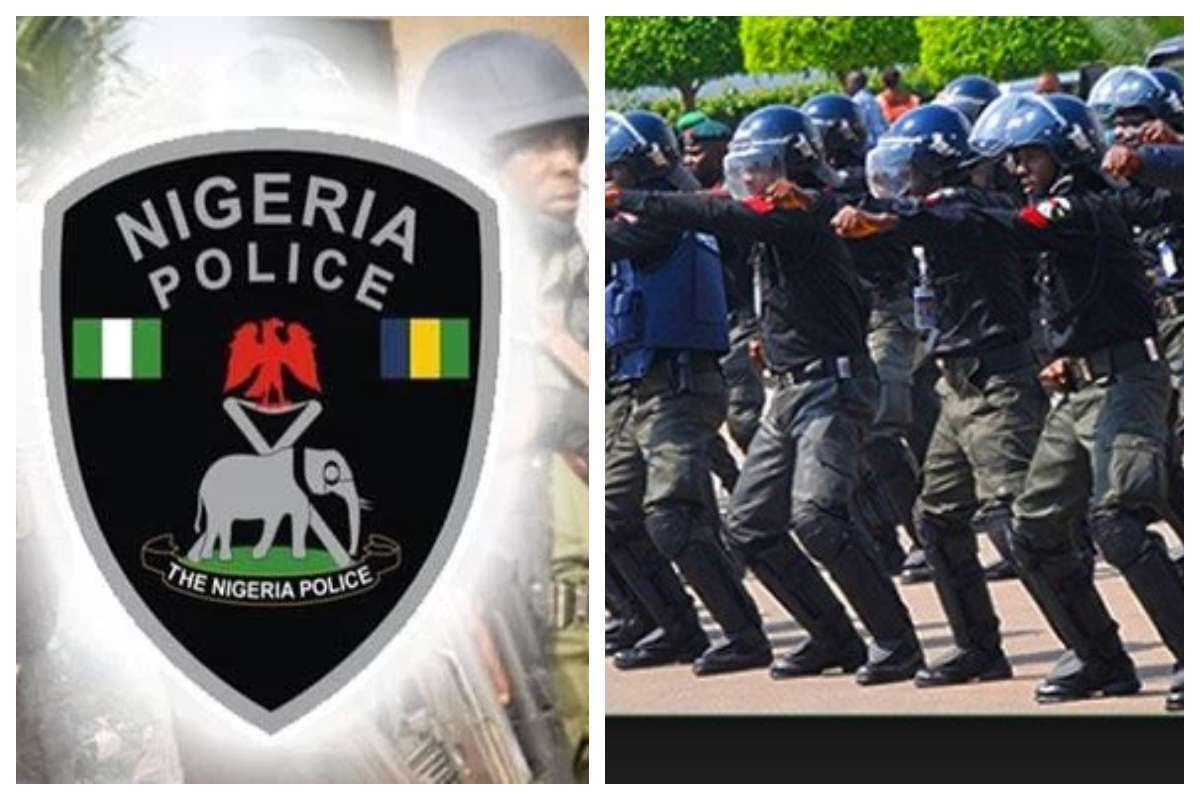By Tony Adibe
The Nigeria Police Force has commenced a 2-day workshop for stakeholders of Community Policing in the Southeast zone of the country.
NewsBits was informed that the workshop was one of the ways to marshal out plans and strategies to tackle the increasing security challenges facing the zone and other areas of the country.
NewsBits learnt that the key objective of the workshop was to educate the stakeholders on the importance of community policing and how to ensure effective policing of various communities in the Southeast Zone.
The occasion was attended by police personnel from the five states in zone – Abia, Anambra, Ebonyi, Enugu and Imo, as well as traditional rulers and police constabularies. Addressing participants during the event at the Police Detective College, Enugu, the Inspector General of Police (IGP), Mr. Alkali Baba-Usman, restated that policing is every one’s business.
Represented by the Deputy inspector General of police, (DIG) in charge of Zone 13, Mr. John Ogbonnaya Amadi, Baba-Usman emphasised the importance of Community Policing, insisting that policing was everybody’s business, hence the need for every Nigerian to “participate in policing our environment.”
According to Baba-Usman, Community Policing was not a new lexicon in Nigeria as it took off since 2020 and has been producing good results of ensuring adequate policing, saying that the concept has brought policing closer to the people.
He further explained that Community Policing has made policing less cost effective because since everybody is involved in policing, government would not have to spend so much on policing.
He said: “The expected outcome of the workshop for stakeholders of Community Policing is how best to go about enforcing Community Policing.”
However, Amadi, later in an interview with newsmen, said that police constabularies were volunteers who were trained to complement the police. Amadi explained that they were people who have something doing but volunteered to participate in community policing and as such are not expected to be paid salaries.
He said: “When they were recruited, they were told that they are volunteers. It is for people who are self-employed, so they are not expected to receive salaries.”
Also, one of the stakeholders and the traditional ruler of Owerri, Imo State, Eze Peter Njemanze, during an interview, said that to ensure adequate security of lives and property, the police personnel should be handsomely paid so that they will bring out their time for the job, stressing that “Anybody who is poorly paid, you don’t expect him to give out his best.”





